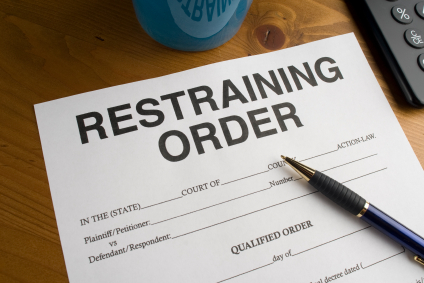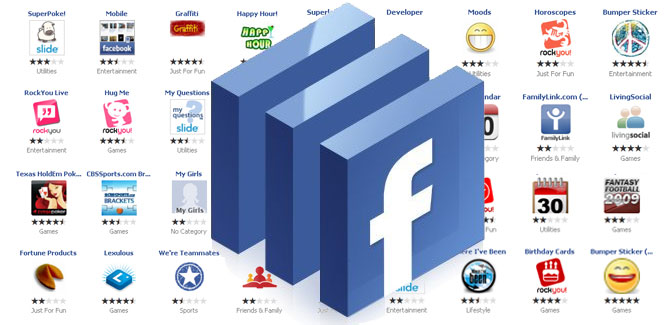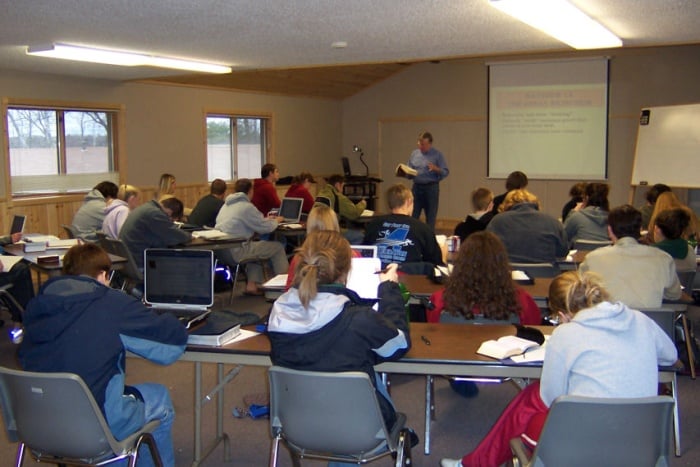A big win for cyber-bullying prevention in Ireland happened a few days ago. Read the excerpt from the original post by the Irish Examiner.
Cyber-bullying, homophobic and racist bullying all form part of the Department of Education's new anti-bullying measures.
All primary and secondary schools will have to adopt an anti-bullying policy by no later than the end of term next Summer.
Teachers will be responsible for recording bullying incidents and, where necessary, contacting the parents of the pupils involved.
The Irish Society for Prevention of Cruelty to Children has welcomed the measures.
"Online bullying is very prevalent and it's certainly something we would like to address and it's been mentioned within the procedures by the Department of Education," said Andrew Jackson, national anti-















 In cyberspace, things rarely stay private. A nude picture, snarky comment, or reference to illegal drugs or underage drinking meant for a friend’s eyes only can easily be seen by a
In cyberspace, things rarely stay private. A nude picture, snarky comment, or reference to illegal drugs or underage drinking meant for a friend’s eyes only can easily be seen by a  You don’t need an expert to tell you that you lived a different childhood than your kids do. You remember when you had to get up and turn the dial on the TV to change channels; your teen can’t understand how a world without Facebook or MySpace would even function.
You don’t need an expert to tell you that you lived a different childhood than your kids do. You remember when you had to get up and turn the dial on the TV to change channels; your teen can’t understand how a world without Facebook or MySpace would even function.